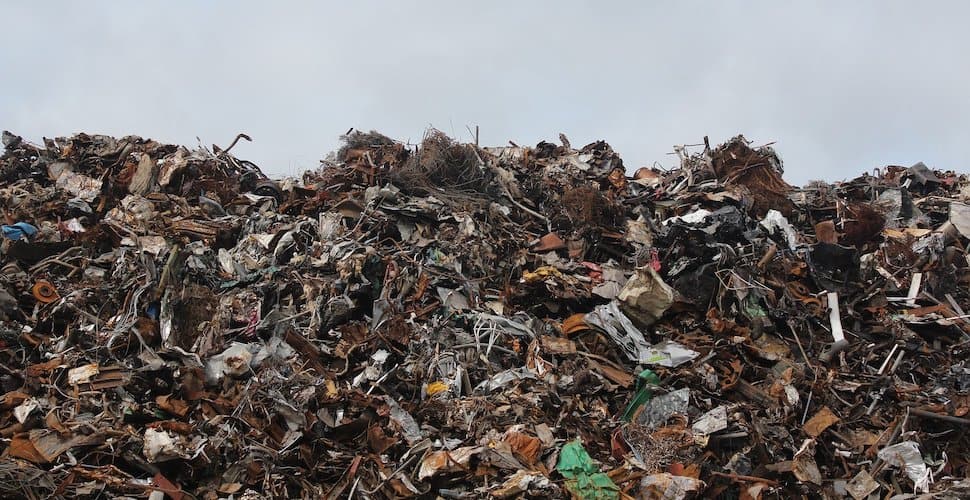In an opinion piece last week for Thomson Reuters Foundation, Dalit rights activist Ritwajit Das and slavery expert Aidan McQuade warned that the coronavirus pandemic poses great risks to India’s “waste pickers” from the perspective of both health and modern slavery.
In India’s complex caste system, waste picking as an occupation has traditionally been forced upon the most marginalized caste, along with “manual scavenging,” or the cleaning of sewage systems by hand. These workers often have no choice in their employment.
According to the authors, the caste system puts people in marginalized castes into what slavery experts call “situational vulnerability”—in other words, they are at greater risk of modern slavery due to their social isolation—which exacerbates the immediate vulnerability they have as a result of their destitution.
These twin factors allow marginalized castes to be enslaved as waste pickers and “manual scavengers,” an occupation that has been called a “particularly degrading form of exploitation” with the caste system “at its root” by the UN’s Special Rapporteur on Slavery.
Amid the pandemic, however, these workers face even greater risks.
Despite many of these workers being considered essential, the Indian government has failed to provide them with any protective equipment, which has long been documented among those working as “manual scavengers” but is a new risk for waste pickers during the pandemic.
Moreover, many people marginalized by the caste system live in cramped conditions and are unable to access electricity, water, and sanitation, much less information about COVID-19, making the risk of infection particularly high.
Das and McQuade tell the story of Dilip, a 56-year old member of the Dalit caste that works as a waste picker in Kolkata.
The waste is not segregated and he has no protection from unsanitary material amongst the rubbish he collects on his three wheeled cart. Even in the best of times he gets sick, often with diarrhea and other intestinal infections. But he has no idea of the sorts of risks posed by Covid-19: he has seen no posters; there have been no visits by public health officials to his community; and he is unsure of where he can find trustworthy information on the pandemic. Though his work is contracted by the local municipality they have never provided him with any protective equipment.
Dilip has managed to buy himself a mask – he says the police will harass him if they find him working without one – but he has no gloves. So he continues to gather the waste with his bare hands. He has no choice. “My family mostly stays at home because of the forced lockdown [imposed by the Indian government],” he told us. “But we have no savings, and weren’t able to stock up on food items before the lockdown. So the male members have to go out and do this work, otherwise our family will not be able to feed itself.”
The effects of the pandemic are hitting the world’s most vulnerable populations hard and raising modern slavery risks everywhere, and India’s waste pickers are no exception.
Read more about the pandemic’s impact on modern slavery in Libya, the United Kingdom, Lebanon, and the UAE.
It can feel difficult to take action when we are confined to our homes, but we’ve made it easier with our Stay Home, Take Action hub. Add your name to a campaign today.







Freedom United is interested in hearing from our community and welcomes relevant, informed comments, advice, and insights that advance the conversation around our campaigns and advocacy. We value inclusivity and respect within our community. To be approved, your comments should be civil.